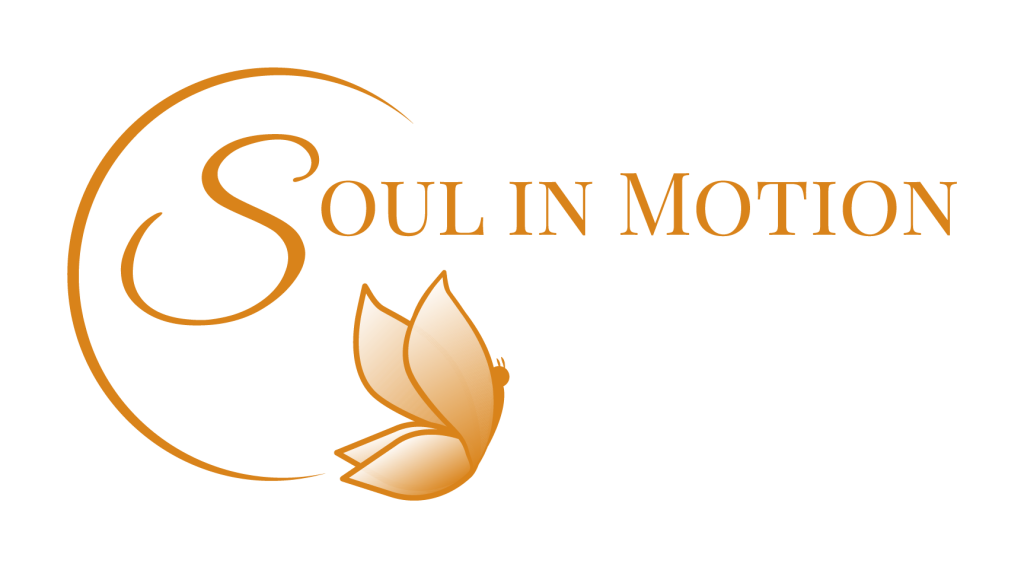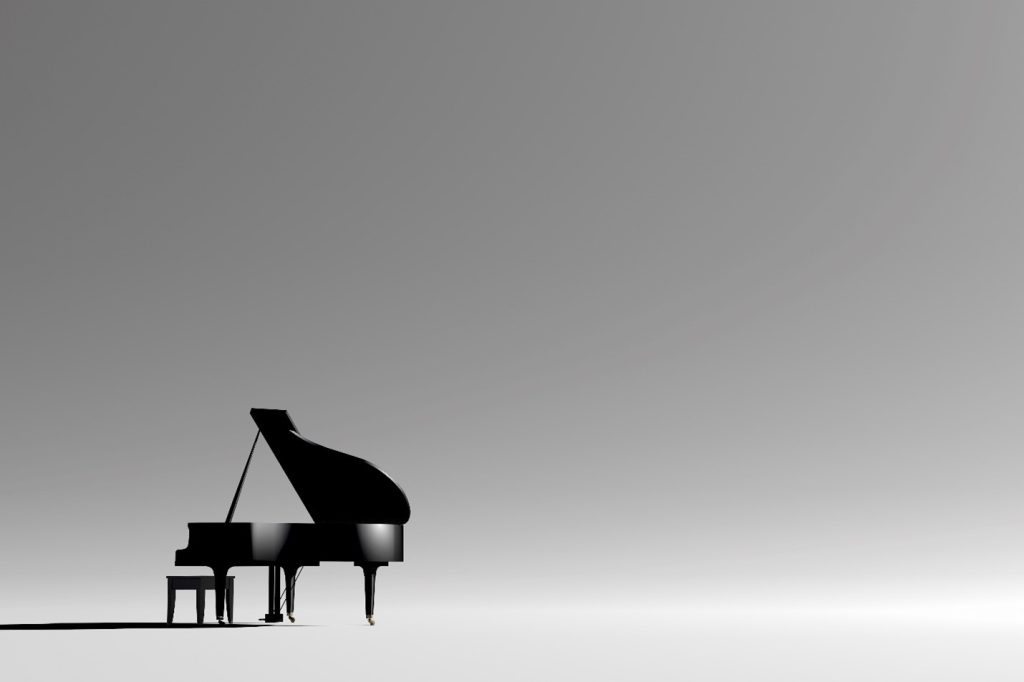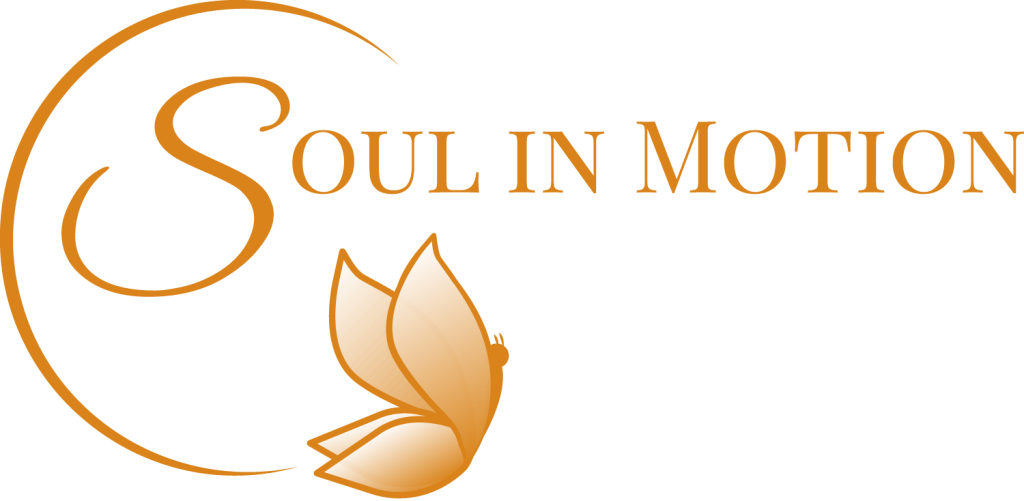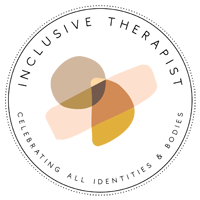I Thought I Was Just Burned Out. Turns Out I Was Disconnected From Myself.
You thought burnout was just about doing too much.
Working until your eyes burned. Saying yes when your chest was already tight with overwhelm. Taking on everyone else’s pain while your own heart grew smaller and quieter, until you could barely hear it beating anymore. The solution seemed so clear: rest more, work less, set better boundaries. Simple, right?
Except you tried. God, how you tried.
You’d collapse into bed after those vacations, tears streaming down your face because you felt just as hollow as when you left. You’d force yourself through self-care routines that felt like choking down medicine—another thing you were failing at, another way you weren’t enough. You’d try to slow down but your mind kept racing, racing, racing, like a hamster wheel you couldn’t step off. You’d close your eyes to meditate and feel your skin crawling with restlessness, your heart pounding with panic you couldn’t name.
I see you there, curled up in the dark, wondering what the hell is wrong with you.
Maybe you’re the one who climbed and climbed toward that promotion, only to reach the top and feel like you were suffocating in thin air. Maybe you built the life that gleams perfect in photos but feels like a beautiful prison you can’t escape. Maybe you’ve done everything right—therapy sessions that left you feeling more lost, morning runs that couldn’t outpace the emptiness, green smoothies that tasted like trying too hard—but still you wake up every day feeling like you’re drowning in your own life.
Here’s what I wish someone had told me: you weren’t just burned out from doing too much. You were burned out from the incredible effort it takes to be someone other than yourself. Every. Single. Day. And that effort? It took so much strength.
The Slow Death of Living as a Stranger
There’s a kind of tiredness that sleep can never touch—the deep ache that comes from the enormous effort of being who you thought you needed to be to stay safe, to be loved, to belong. You’ve been working so hard, for so long, to be acceptable. It’s the exhaustion of monitoring every breath, every word, every flicker of expression to make sure you’re being the “right” kind of person while your authentic self suffocates in silence.
You know this pain if you’ve ever felt your stomach drop when you heard yourself agreeing to something that made you feel sick. If you’ve ever come home from social events feeling more alone than when you went, like you spent the whole time performing for strangers who looked like friends. If you’ve ever caught yourself saying “I’m fine” in that bright, brittle voice while inside you were screaming, falling, breaking apart.
I witness these confessions in my therapy room, whispered through tears like sacred secrets:
“I smile when people say things that make me want to vomit, and I hate myself for it.”
“I come home from parties and cry in my car because I feel more alone after being around people.”
“I’ve become such a good chameleon that I don’t know what color I actually am anymore.”
“I look at my beautiful life and want to burn it all down because none of it feels like mine.”
This isn’t tired. This is your soul feeling homesick for the self you’ve been protecting by keeping hidden.
When Your Body Becomes Your Last Hope
Your body has been screaming at you, hasn’t it?
Those headaches that feel like your skull is splitting open with unspoken truths. The stomach that churns with swallowed words and unfelt feelings. The insomnia that leaves you staring at the ceiling at 3 AM, feeling like a stranger in your own skin. Getting sick again and again because your immune system is too exhausted from fighting the war between who you are and who you’re pretending to be.
Your body isn’t broken—it’s been your most loyal ally. It’s been trying to tell you something important: the strategies that once kept you safe might be ready for an update. It’s been keeping a record of every single time you abandoned your own needs, betrayed your own instincts, silenced your own voice. And now it’s presenting you with the bill for all the self-betrayal you needed for protection.
When you’ve spent years adapting to everyone else’s needs, your nervous system has been working overtime to keep you connected and safe. It’s been an incredible feat of survival. And maybe now it’s ready to try something different. Your body is dying from the effort of being someone else. It’s collapsing under the weight of all the feelings you wouldn’t let yourself feel, all the words you swallowed, all the parts of yourself you exiled.
Your body has been your truth-teller this whole time, and you’ve been medicating its messages instead of listening to its wisdom.
The Difference Between Numbing and Healing
Here’s why all that self-care advice left you feeling emptier: it was trying to put bandaids on a severed soul. You can’t rest your way out of self-abandonment. You can’t bubble-bath your way back to wholeness. You can’t yoga-pose yourself into authenticity.
Real healing isn’t about managing the symptoms of disconnection—it’s about ending the disconnection itself. It’s about that terrifying, sacred journey back into relationship with yourself. It’s about learning to feel your feelings instead of thinking your way around them. It’s about trusting your body’s no even when everyone else wants a yes.
This might mean finally admitting that you hate small talk and it makes your skin crawl. That you need silence and solitude like oxygen, even though people call you antisocial. That your perfectionism isn’t keeping you safe—it’s slowly strangling the life out of you.
The path back to yourself isn’t comfortable. It means disappointing people who’ve gotten comfortable with your disappearance. It means grieving the versions of yourself you locked behind a steel vault to be accepted. It means feeling all the feelings you’ve been running from.
The Homecoming That Will Break You Open
What if your burnout isn’t punishment—it’s information? What if your exhaustion is your system’s way of saying: “You’ve been so strong for so long. What if there was another way?”
I’ve held space for many who thought they needed better time management when what they really needed was to stop managing themselves out of existence. The fatigue, the emptiness, the desperate sense that nothing feels real anymore—these aren’t just stress symptoms. These are the death cries of a self that’s been suffocating under the weight of everyone else’s expectations.
Your body knows the way home. It’s been holding the map this whole time, written in the language of sensation and instinct you’ve forgotten how to read. Every ache, every tension, every moment of inexplicable sadness—these aren’t problems to solve. They’re breadcrumbs leading you back to the parts of yourself you left behind.
The exhaustion isn’t just about needing rest. It’s about your incredible strength finally having permission to rest. To stop working so hard to be acceptable and start exploring what it feels like to just… be.
The Sacred Return to Yourself
This isn’t about gentle tweaks to your routine. This is about revolution. The slow, tender revolution of coming back to life in your own body. Of learning to hear your own heartbeat again under all the noise of what everyone else thinks you should be.
It starts small and feels enormous: asking what you actually want for lunch and meaning it. Feeling your body tense in certain company and honoring that wisdom instead of overriding it. Speaking your truth even when your voice shakes, even when it disappoints, even when it changes everything.
Your burnout might be the most important information you’ve ever received—not because you were doing anything wrong, but because you’ve been doing so much right that you’re ready for something even better.
You’re not just burned out. You’re being reborn. And rebirth, friend, well it always feels like dying first.
The journey back to yourself will ask everything of you. And it will give you everything in return.













